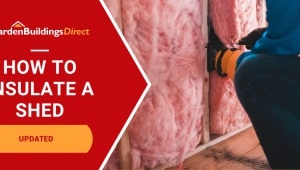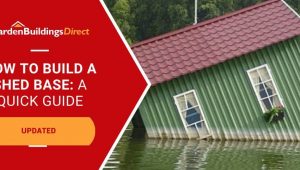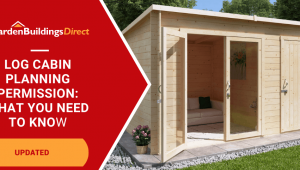Jump to:
A fireworks display can be even more magical when enjoyed from the comfort of your own garden. There’s no need to travel far or brave the crowds. Instead, delight in the night sky lighting up from the confines of your log cabin or summerhouse.
However, these explosives can be dangerous, so they must be handled with great care. Here’s a guide to planning a safe and fun fireworks display in your garden.
Firework Garden Party Ideas

(Image Credit: Wikimedia Commons)
Here are some ways you can plan a firework garden party that everyone will enjoy, starting with:
Planning the basics
Because you’ll be setting them off in your garden, you need to choose a safe launch area. Fireworks need an open space, well away from sheds, fences, and overhanging trees. Once that’s decided, set out chairs and benches where guests can see the sky without obstruction.
Food and drink stations should go on the side of the garden, not near the launch area. That way, people can grab a bite without crowding the viewing space.
Also, clear the paths before guests arrive to avoid accidents once it’s dark. If children are coming, set up a boundary, like string lights or garden markers, to show them where they can and can’t go. This will save you from constant reminders during the show.
Serving food and drinks outdoors
Go for snacks that are easy to grab and enjoy without needing plates. Hot dogs, burgers, corn on the cob, warm pies, or soup in mugs are perfect. Nothing slows the fun down like complicated meals or lots of plates and cutlery.
For drinks, hot chocolate, tea, or something mulled will warm hands and spirits. You can also arrange a small station inside a garden room. Guests who want to stay warm can still watch the fireworks through the windows or doors.
Doing it this way keeps everyone warm, comfy, and able to enjoy the show without missing anything!
Chairs, benches, and viewing spots
Not everyone wants to stand for the whole firework display, so plan some seating. Garden chairs, benches or fold-outs, for instance, are easy to move and let people pick their spot. Put them where the view of the fireworks is best. If it’s rained, dry them off with towels or put down waterproof bin liners.
Keep plenty of blankets and cushions on hand for colder evenings. Lay them out on benches, chairs, or the lawn with a sheet or tarp underneath. Your garden room can also offer extra seating, so be sure to have a sofa or a few bean bags ready for them. With this, guests can step inside to rest and warm up before heading back out for the fireworks.
Staying warm in a garden room
Bring in a small electric heater or an oil-filled radiator to take the chill off. Rugs on the floor stop the chill from creeping up, and curtains help trap the warmth. Keep a pile of blankets in the corner, too. Your company will appreciate wrapping up before stepping back out into the cold.
Get more ideas here: Heating a Summer House Without Electricity
Garden Fireworks Display Ideas
Small packs of rockets, fountains, and Catherine wheels are your best bet. They don’t take up much space, but they still give a good show. Roman candles are another option; pin them so they can’t fall, then light.
For kids, sparklers are always a hit. Keep a metal bucket of water ready for when they’ve burned out, and hand them out one at a time with gloves if possible.
Reduce time gaps between fireworks by learning how to set up and light each one ahead of time. Without preparation, you can have awkward 10 minute gaps between every firework as you carefully read the instructions and get them into place, all while the kids lose their patience.
Fireworks Garden Safety
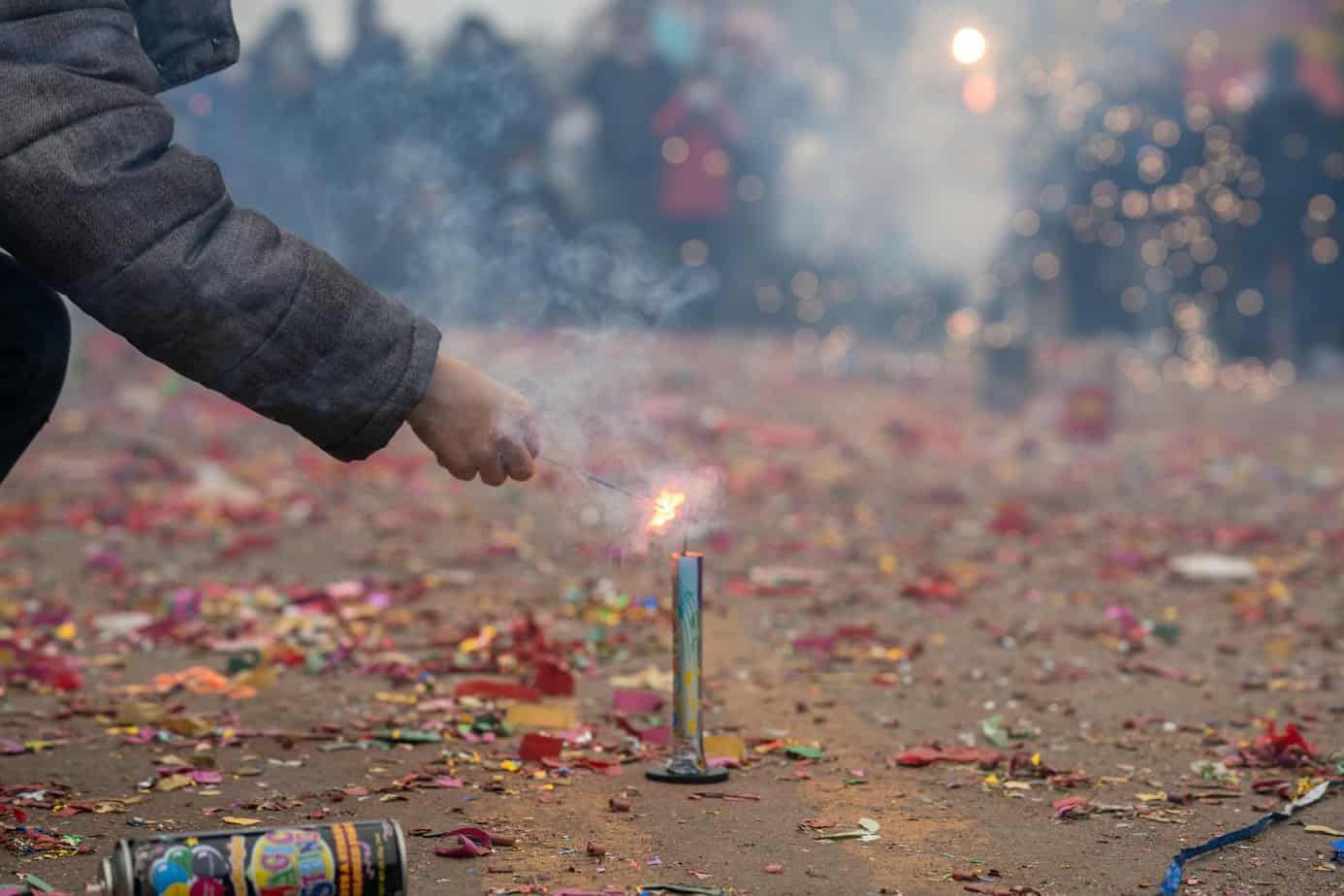
Most of us know to handle fireworks responsibly. Even so, accidents can happen if they’re misused. Always follow the Firework Code and the instructions on the pack to keep everyone safe. This regulation highlights safety rules to follow, including:
- Fireworks must not be set off between 11 pm and 7 am, except on special occasions like New Year’s Eve. In short, plan your display and make sure it finishes before 11 pm.
- Only purchase products marked with a UKCA or CE mark that are suitable for use in gardens (category F2).
- Store fireworks in a sealed box or container and use them one at a time. Always read the manufacturer’s instructions before lighting them.
- Ignite fireworks at arm’s length using a firework lighter. Stand back and never return to the area where the firework has been lit.
- Keep all naked flames, including cigarettes and bonfires, away from the firing area.
- Handle sparklers, a hand-held type of firework, with care. Dispose of them in a bucket of water once they’ve burned out.
- Children must be well-supervised at all times, and pets should be kept indoors as much as possible. In this case, watching the show from your garden room might be the safest choice. But keep the wooden structure away from the firing area to avoid sparks starting a fire.
The law also bans anyone under 18 from buying ‘adult’ fireworks, which fall under categories 2 and 3. Category 4 fireworks are restricted for professional use only. Category 1 fireworks, such as party poppers and Christmas crackers, are considered low-hazard.
Additional safety tips:
- Maintain a safe distance from your guests and garden building. Go with the distance recommended on the label, which is usually at least 8 metres for category F2 fireworks.
- Water your lawn and plants before the celebration so they are less likely to catch fire.
- Cover trees or shrubs near the zone with a fire-resistant tarp or sheet for protection.
Host the Perfect Firework Display
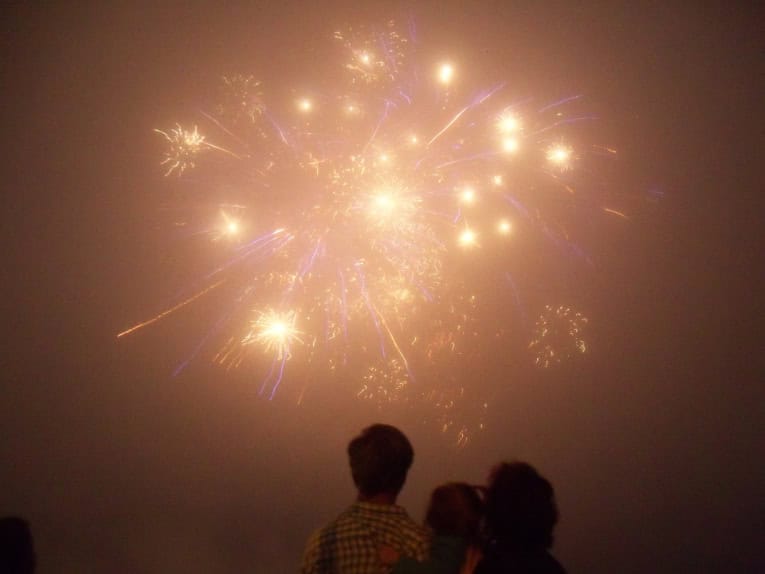
Begin with smaller fireworks and move up to the bigger ones, leaving a gap between each. This helps people get used to the noise and makes the finale more exciting. You could start with sparklers for the kids, then bring out fountains for steady effects. Save rockets for the end to finish with impact!
Soak the fireworks in water until they’re fully out, then put them in the bin when they’re not hot anymore. Keep a fire extinguisher nearby, and make sure everyone knows how to use it.
In case of injuries, burns, or accidents, call emergency services immediately at 999. For non-emergency advice, contact NHS 111.
Up next on your reading list: How to Watch Sports in Your Garden
FAQs
Can you set off fireworks in a UK garden?
Yes, you can set off fireworks in your own garden as long as you follow the Firework Code and the law. Stick to the legal hours and make sure your setup is safe. That means keeping them away from fences and trees, and having water or sand nearby.
What time do fireworks have to stop in the UK?
In most cases, fireworks must stop by 11 pm. The only exceptions are Bonfire Night, when they can go on until midnight. Another is during New Year’s Eve, Diwali, and Chinese New Year, when the cut-off is 1 am. Setting them off later can lead to a fine, so stick to the times.
Do I need a big garden to have a fireworks party?
You don’t need acres of space, but you do need enough room to keep a safe distance. Light fireworks only where there’s an open space, far from fences, sheds, or trees. If your garden is small, go for quieter options like sparklers, fountains, or Catherine wheels.
How can I keep pets calm during a garden fireworks display?
The best way is to bring them inside before you start. Close the curtains and put on some background noise like the TV, radio, or a fan. This helps to block out the bangs and flashes. Give them a safe spot in the house where they feel comfortable, and avoid leaving them alone if they get anxious.
How do I store fireworks safely before the party?
Keep them in a closed box, away from heat sources, naked flames, or anything that could spark. Store them in a cool, dry place indoors, which doesn’t get damp. Only take fireworks outside when you’re ready to use them.
